To say that the political media is under the microscope would be the understatement of the year. After the most tumultuous election in a generation, the media has found itself under attack from all sides over its reporting on Donald Trump and Hillary Clinton.
Politico’s Susan Glasser recently tackled this issue head-on in the latest edition of the Brookings Essay, “Covering Politics in a Post-Truth America.” In this essay she makes the controversial claim that U.S. political journalism is better than ever, and that the real problem is that people seemed to not care about the facts they were being presented.
On Tuesday, December 15, Glasser and some of her peers in political journalism met at Brookings to discuss the essay, the implications of the election for the media, and the path forward for journalists trying to break through in an era of disinformation. Here are some of the highlights:
“Our emotions are much stronger than our reason”
James Glassman is a veteran journalist and editor, and now the executive director of the George W. Bush Public Policy Institute. He talked about some of the underlying human instincts that have given rise to the situation that we now find ourselves in.
“You can’t have this conversation without talking about Facebook”
Shani Hilton, executive editor of Buzzfeed News, gave an overview of how fake news has evolved over the past two years, and made it clear that more than any other platform, Facebook has been integral to the phenomenon.
“We found out that the bad guys have Facebook, too”
Glasser recalled how in recent years she and many of her colleagues were techno-optimists who saw the start of the Arab spring and embraced the potential of social media and the internet to organize the forces of good against dictatorial regimes. Then as the months and years went by it became clear that the reality was far more complicated.
“We have to wrap facts around a brick and throw it through peoples’ windows”
There was wide agreement on the panel that “fact-checking” alone is insufficient to combat the disinformation being propagated in today’s political environment. Glenn Thrush, longtime Politico reporter, said that reporters today need to “weaponize facts” in the way that Donald Trump and others have weaponized falsehood.
Thrush also recommended that his brethren in print journalism need to be harder on their colleagues in cable and broadcast news who have the power to give Donald Trump an “unmediated platform” through the course of his administration.
Make sure to watch the full event video, and check out Glasser’s Brookings Essay, “Covering Politics in a Post-Truth America.”
The Brookings Institution is committed to quality, independence, and impact.
We are supported by a diverse array of funders. In line with our values and policies, each Brookings publication represents the sole views of its author(s).
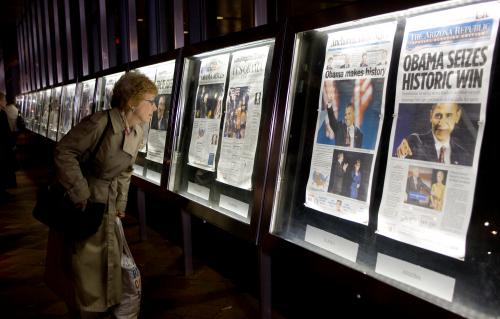
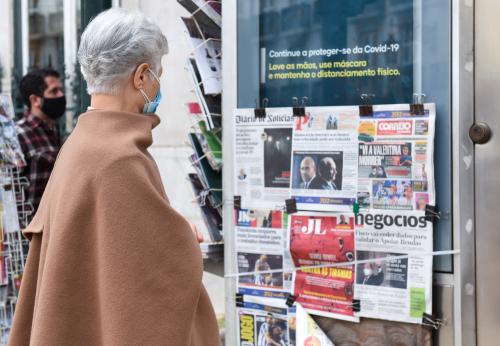

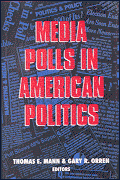

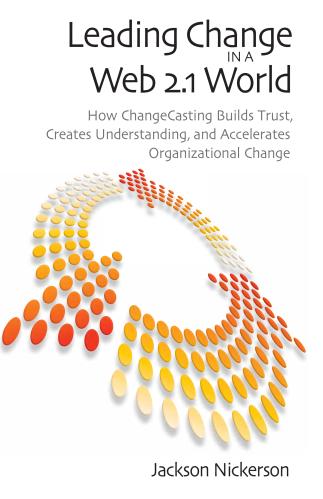

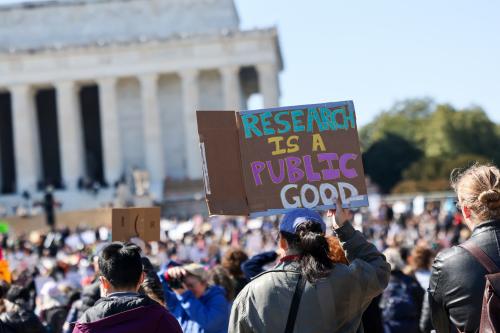
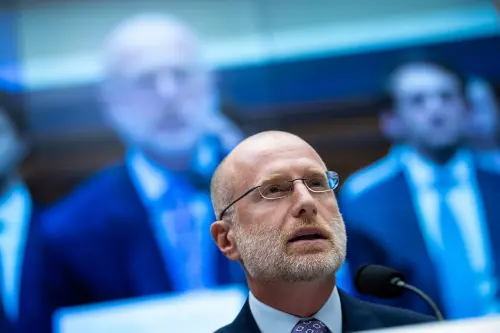
Commentary
Top political journalists discuss covering politics in a “post-truth” America
December 16, 2016